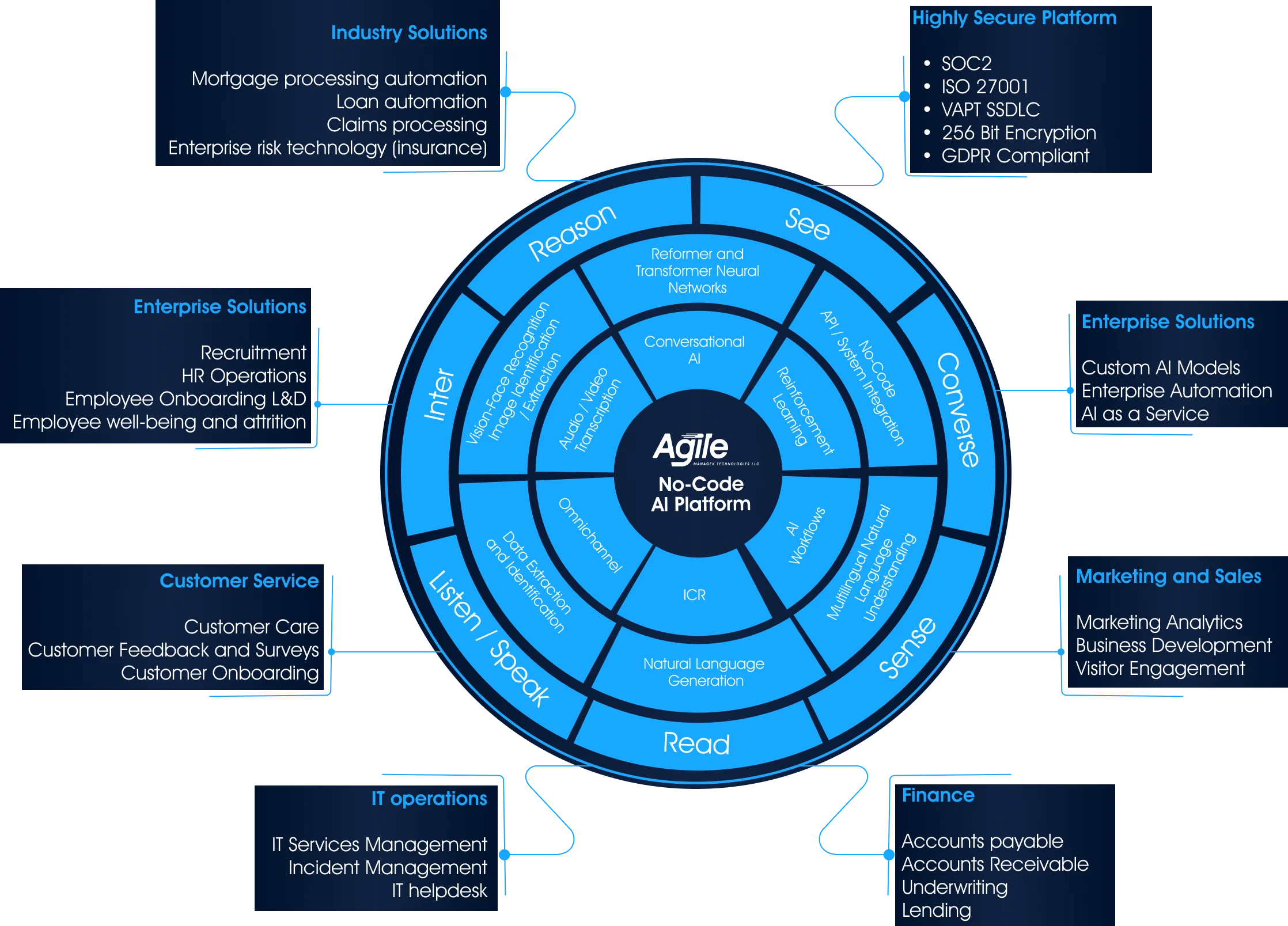Enhance Decision-Making and Operational Efficiency with Cognitive Process Automation (CPA) – Harness the Power of AI to Transform Your Business
Overview
Cognitive Process Automation (CPA) combines the strengths of artificial intelligence and automation to handle complex decision-making processes and enhance business operations. By integrating AI, machine learning, and natural language processing, CPA goes beyond automating repetitive tasks. It understands, analyzes, and learns from data, enabling intelligent decision-making and adaptive responses. This advanced form of automation helps businesses achieve higher efficiency, reduce operational costs, and stay competitive in a rapidly evolving digital landscape.
Challenges Faced by Organizations
- Managing complex decision-making processes manually
- Inconsistent decision-making and potential for human error
- High operational costs associated with manual processes
- Difficulty in processing and analyzing large volumes of data
- Limited scalability and adaptability to changing business environments.

Benefits Provided by CPA
- Leverages AI to make data-driven decisions quickly and accurately.
- Automates complex processes to reduce operational costs and time.
- Easily scale operations to meet growing business demands.
- Minimizes human errors by automating decision-making processes.
- Enhances compliance by consistently applying policies and standards.

A Typical Agile – CPA AI Worker in Action

FAQ
Frequently Asked
Questions
Find out answers to common user queries
Is it possible to customize CPA workflows without coding?
Absolutely, no-code platforms provide intuitive drag-and-drop interfaces that allow you to design and customize workflows to meet your specific business requirements.
Is CPA suitable for my industry?
Yes, CPA can be implemented across various industries including finance, healthcare, retail, manufacturing, and insurance.
How does CPA differ from traditional RPA?
CPA integrates AI and machine learning to handle complex decision-making processes, whereas traditional RPA automates rule-based, repetitive tasks without cognitive capabilities.
What types of tasks can CPA automate?
CPA can automate complex tasks such as data analysis, decision-making, customer interactions, and predictive maintenance, going beyond simple automation.
Can CPA adapt to changes in business processes?
Yes, CPA solutions are designed to learn and adapt to changes in business processes, making them highly flexible and capable of evolving with your needs.
